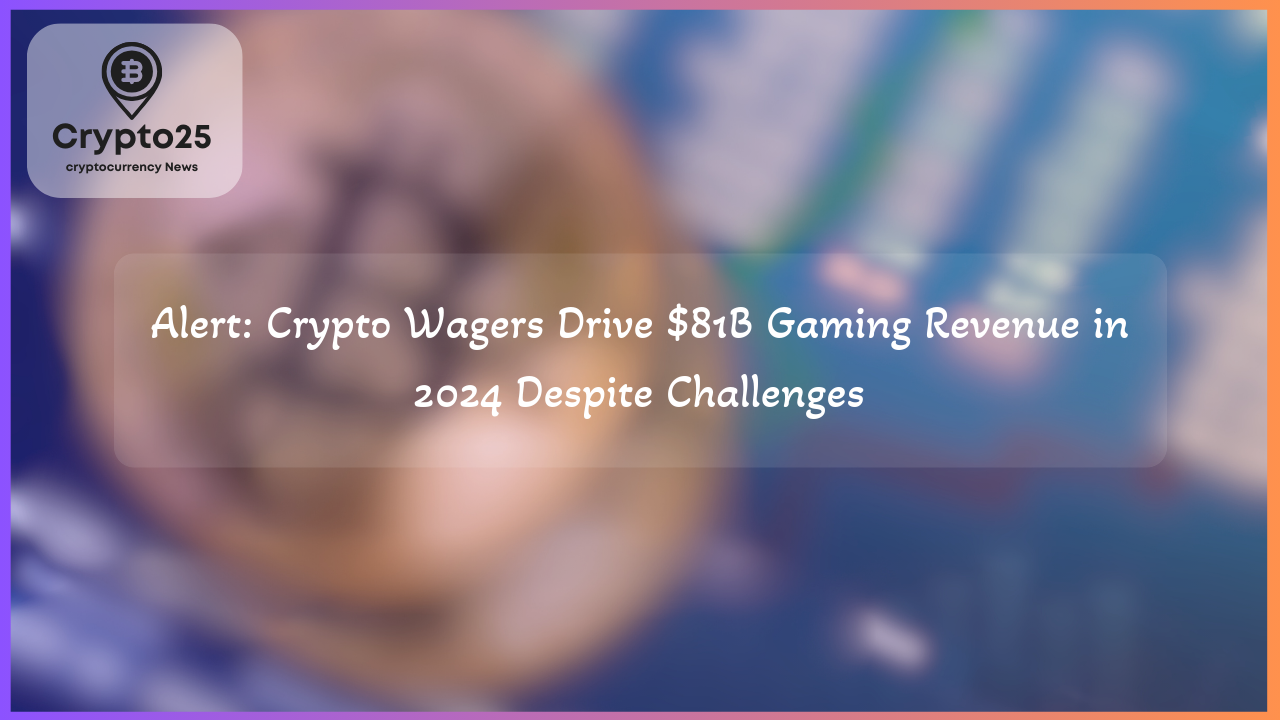
The crypto gambling industry continues to see unprecedented growth, reshaping the global online betting landscape. Recent data reveals that crypto casinos are not only thriving but also challenging traditional gambling platforms with their decentralized, borderless operations. However, beneath the allure of this booming sector lies a growing concern about regulation, legal gray areas, and the potential harm to individuals and economies alike.
Crypto Casinos and Their Booming Market Growth
The rise of crypto casinos has been nothing short of phenomenal, with gross gaming revenue reaching $81.4 billion in 2024—a staggering fivefold increase from 2022. This immense growth, highlighted in YieldSec’s recent analysis reported by the Financial Times, underscores the surge in demand for cryptocurrency-based wagering platforms. Popular names like Stake, Rollbit, and Roobet dominate the industry, operating under regulations in jurisdictions such as Curaçao and Malta, where crypto gambling remains legal. Stake alone accounts for approximately 4% of Bitcoin (BTC) transactions globally, showing its leading position in the market. Since its launch in 2017, Stake has facilitated over 300 billion bets from a user base of 25 million—a testament to the growing global interest in digital asset-based gambling.
Despite their legality in certain regions, crypto casinos often operate in a gray area in other countries. Accessibility remains unchecked through technologies like VPNs, allowing users in restricted regions to bypass regulations. In one instance, a Financial Times test of Stake revealed the ease of creating an account from restricted locations like London without adequate address verification or affordability checks.
The Regulatory Challenges Facing Crypto Gambling
As crypto casinos soar in popularity, governments and regulatory bodies are working to catch up. In the United Kingdom, crypto gambling is largely prohibited. The British Gambling Commission, since April 2024, has issued over 280 cease-and-desist notices to platforms accepting cryptocurrency deposits. This effort underscores the growing concern over the unchecked expansion of crypto casinos in jurisdictions where they remain illegal. While operators maintain that their licenses meet local regulatory requirements, enforcement remains inconsistent across borders, leaving room for exploitation and user harm.
This lack of uniform legal frameworks has made it difficult to hold platforms accountable. The ability to mask operations using VPNs or decentralized payment systems further complicates regulatory oversight. In many cases, platforms operating in legally-questionable territories justify their actions by leaning on fragmented international laws. Without global coordination, crypto casinos are expected to continue exploiting loopholes while enjoying substantial profits.
Case Study: Allegations of Fraud in Blockchain Casinos
Legal controversies aren’t just limited to regulatory adherence but extend to allegations of outright fraud in the crypto casino space. A startling example is the case involving Richard Kim, a former Wall Street executive. Reportedly, Kim misused funds raised for his ambitious blockchain-based casino project, ZeroEdge. The platform, which launched in March 2024, promoted itself as an innovative crypto-powered casino with on-chain games designed to boost transparency and fairness.
While Kim successfully raised $4.3 million through seed financing and token sales, prosecutors alleged that the funds were redirected for personal benefits. With current charges for wire fraud and securities fraud still under investigation, the incident serves as a cautionary tale about the risks and vulnerabilities inherent in the crypto gambling ecosystem. This case highlights how the unregulated nature of crypto gambling can create opportunities for bad actors, further amplifying the call for stricter oversight.
| Title | Details |
|---|---|
| Market Cap | $1.2 Trillion |
| Annual Crypto Gambling Revenue | $81.4 Billion |
| Stake’s Global Market Share | 4% of Bitcoin Transactions |
| Total Bets on Stake | 300 Billion Bets |
What’s Next for Crypto Gambling?
The future of crypto gambling hinges heavily on regulatory developments and user protection measures. As the industry continues to grow, so do the ethical and legal responsibilities of its operators. Advocates argue that more standardized blockchain practices could pave the way for sustainable and transparent operations. However, governments and regulators must also step in to establish clear laws governing crypto betting activities. Platforms using decentralized technologies like Bitcoin and Ethereum for transactions must address ongoing criticisms about unauthorized access and financial risk.
For players, understanding these risks and verifying the legitimacy of platforms before engagement is crucial. As the crypto gambling market develops further, collaboration between governments, operators, and users may provide the balance needed to achieve both innovation and accountability in this growing sector.
